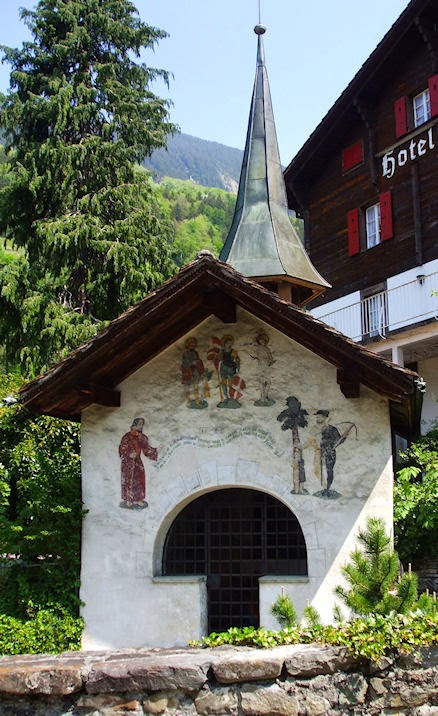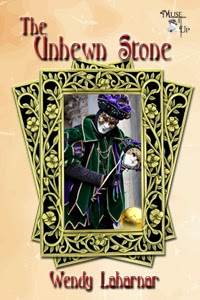There is something very private about death, so it is a rare and noteworthy event to be invited into the lives of a married couple, both of whom are dying of progressive, incurable, neurological diseases. Their book is written from a Christian worldview.
Welcome Mike. I'm so glad you are my guest today. Tell us something about yourself.

I am well on my way to age 75. I was born and bred in Newcastle

In 1968
we moved to Sydney so I could attend Morling Theological College
I was diagnosed with Parkinson’s Disease back in 2000. Although I'm limited in what I can do, I still manage life reasonably well.
Bev trained
as a High School Teacher but during our time in Victoria
Bev was diagnosed with Motor Neurone Disease (MND) in 2012
and subsequently died on April 12, 2015. The many tributes made reference to
her life using such words as 'dignity', 'wisdom', 'joy', 'inspiring'.
Too young and vibrant, so sadly missed.
We had assumed that,
because I was the one who had Parkinson’s Disease, and Bev was a trained Nurse
and a devoted wife, naturally she would look after me (!!) How things changed
after Bev’s diagnosis.
When we realised that Bev’s disease had no treatment or possibility of cure, we made a commitment to keep a journal, mainly for the benefit of our children.
But the idea of a book still hadn’t jelled.
So when did the idea of a published book came into focus?
As a Baptist Pastor, I often noticed how many Christians believe the deception that it is wrong to ask questions and even challenge their faith. They think it’s sinful to question God as if He is somehow accountable to us. This indicates to me there is a lack of integrity in how we respond to grief.
So, Bev and I needed to ask our own questions and confront our own struggles, responses and breakthroughs with honesty and transparency no matter how vulnerable that made us.
Frequent comments like:
'As I read your letters to Bev, I feel you are giving me permission to be honest with my own feelings and questions',
reassured me I can best liberate people from these crippling attitudes by telling my own story. Maybe even more than that, I wanted to write and capture the inspiration that Bev has been to so many people – myself included. I believe people are more responsive at a heart level, not a head level.
Yes, this is truly a book written from the heart.
This was/is a journey; a tiring, demanding, confusing journey and yet it has been a source of great comfort and reassurance.
Did the writing ever become so difficult you had to step
away from it for a time?
But you persevered. Has writing
about the journey you and Bev experienced been cathartic for you?
While the primary focus of the book is on the immediacy of Bev's illness (MND), writing
“Letters to Bev” has been very helpful for me. Strangely, as I wrote them I was
thinking of Bev (of course!) but I was also thinking of the people who would
read the letters and find solace in what I was writing because it spoke to
their own circumstances.
Readers have described Our Journey Through the Valley as
'inspirational and enlightening'. What would you like the reader to gain from
this book?
a. That
no matter the circumstances, you don’t have to carry your load on your own.
b. That
they tap into the inspirational dynamic
that was so evident in the life of Bev
c. That
their own situations don’t have to bring defeat.
I hope our journey will have value and
significance for anyone experiencing great grief because of great loss of
whatever kind.
What will you do now that the book
is published?
Before you go Mike, where can we
purchase a copy of
Our Journey Through the Valley?
For more details visit Mike at www.barnabasnetwork.com
































